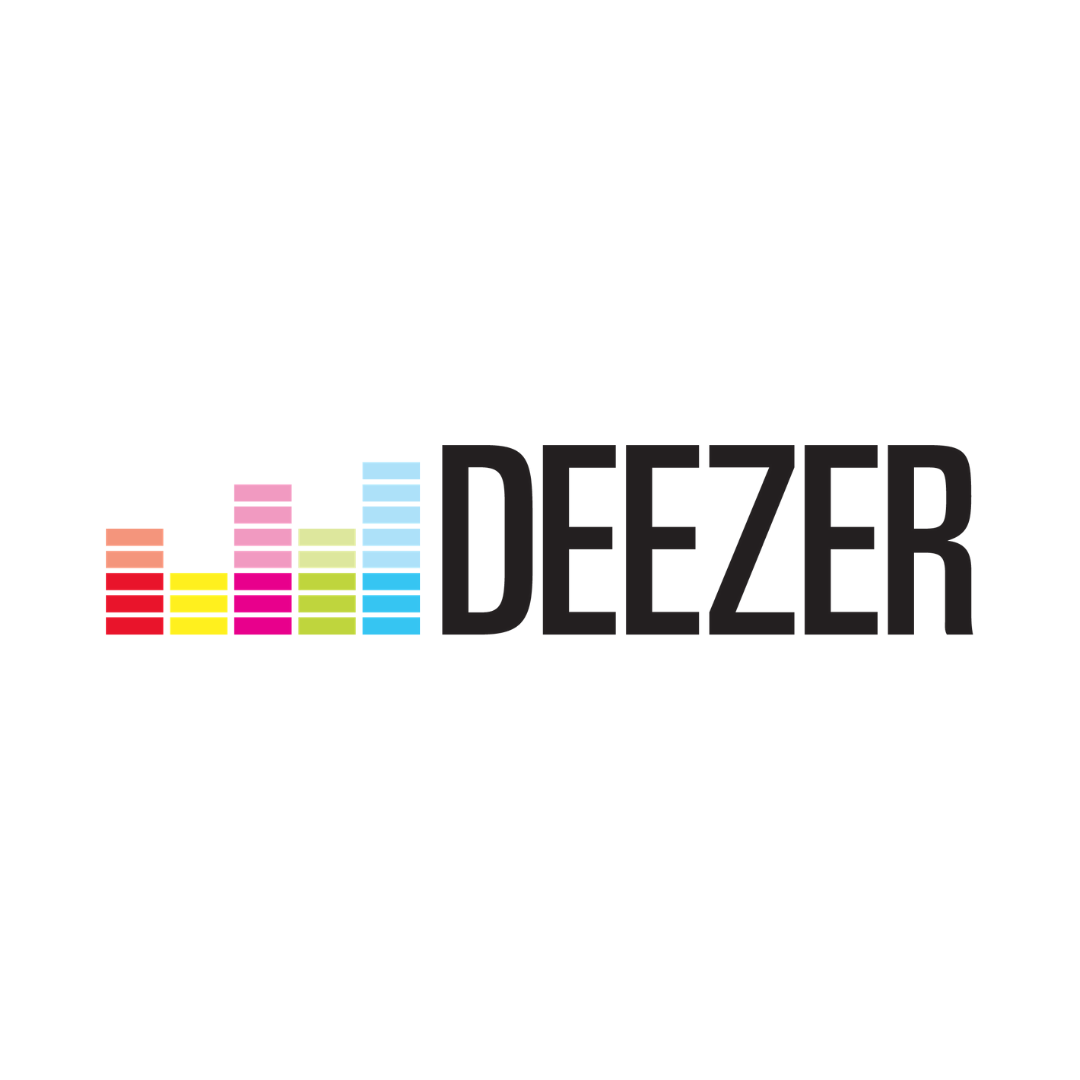Your Branding & IP Questions Answered
Join Our Newsletter
Introduction
In this episode, I’ll be answering the top branding and intellectual property questions I’ve had.
Show Notes
Having recently asked people what their top questions are about branding and IP (Intellectual Property), I decided to record my answers in this episode.
The questions answered in this episode include:
- What are the different ways I can protect my brand?
- Do I need international protection or is UK protection enough?
- How do I explain to graphic designers I work with the importance of checking they are not infringing on anyone's IP?
- How can you be sure that graphic designers you work with hand over the rights to all the assets they create? How can you be sure they have done this fully?
- What do you regard as the best branding campaign(s) of all time? And why?
- Do you think the Internet is actually effective for brand building?
Valuable Resources:
For the latest insights on branding, and brand strategy
sign up to receive TUNED news weekly.
Brand Tuned Newsletter
Brand Tuned Training Courses
Transcript
Welcome! Shireen Smith here with a short series of videos answering your top questions about branding and IP (Intellectual Property).
If you’ve ever felt like branding and in particular IP is confusing, complex, maybe even a minefield, where perhaps you’ve paid the price for myths or misinformation in the past, we can hopefully give you a bit more clarity through these videos, so you can move towards approaching branding confidently, making correct IP decisions along the way, which will make for far fewer headaches and much more valuable brands.
I’ll be answering the top questions I’ve had, showing you some real life examples, where I can… I’ll also explain towards the end how you can get more in-depth information and resources to help you.
But just quickly, in case you don’t know me, how do I know about branding and IP anyway?
Well, I’ve been an IP lawyer for more than 20 years, helping all kinds of business with brand protection, writing 3 books in the process, but more than that I set up my own business from scratch in 2005 which means I’ve had to go through all these matters, not only for huge global brands like Reuters, but with my own small start-up business too.
So let’s get in to some of the top questions - I want to keep this video short so you can digest it, and we’ll cover more of your questions in the next couple of videos too...
Question number 1 is:“What are the different ways I can protect my brand?
One of the most important ways you can protect your brand is through your name. One of my clients came to me when a competitor began using the same name as him. Unfortunately, he didn’t have a name so much as a description of his services. He had registered this as a trademark but as the logo comprised his name with a symbol, what was effectively protected by his trademark was his symbol rather than the word itself, which wasn’t ownable. The word wouldn’t have been capable of being registered on its own as a trademark. So, it was pointless sinking money in legal proceedings to get the competitor to stop using the same name. We came up with a new ownable name that was available for him to register as a trademark. To ensure he could still benefit from the name he had previously been using we kept it as the tagline. It didn’t make sense for him to change the domain name he’d been using either, as it was a keyword rich term that helped his site to appear in search results. So, he bought a new domain to match his new brand name and redirected it to his keyword rich domain. His site actually benefited from having a proper name so he soon stood out against his competitors, of which there were quite a few using keyword rich domain names. Having a proper name made him unique. So, I can’t stress enough the importance of understanding what names are and are not ownable, and ensuring you use one that is ownable. It’s the best defense against the copying that inevitably occurs in business.
Question number 2 is: “Do I need international protection or is UK protection enough?”
One of my clients had only registered his online ecommerce site’s name in the UK as a trademark. Then a competitor set up a shop in the USA using the same name. The first he heard about it was when a PR client of the company’s asked if they’d set up a physical store in New York. You can imagine how shocking it was for him. He hadn’t registered a US trademark. The US shop had filed an application to register the name. So, we had to oppose their trademark application. We were able to put up a convincing case because the client had many customers in the USA who had bought products from its site. The fact that it had been shipping goods to the USA meant that they had earlier rights in the USA. So, it was possible to require the shop to rebrand. It was an expensive dispute. Although all was well because the client won, the point to note is that if they had registered their trademark in the USA in the first place it would have cost them 50 times less. The case would probably never have arisen in the first place because their trademark rights would have made it unlikely that anyone would open a shop under the same name. Also, in some countries the law is different and whoever first registers a trademark is the one who has rights in a name rather than whoever first uses a trademark. So, whenever you are generating revenues in a country it’s important to register a trademark there.
Now, very quickly because I know these thoughts pop up a lot too - a lot of people do wonder if they can just ignore IP, hope for the best and only deal with it if things blow up. I’d really advise against that; if you only think about it later it may be too late. Another thing that bothers people is they get the impression it’s all just terribly complicated and they can’t possibly learn enough about IP to be effective, but that’s not true either. Yes, you need good information from someone who knows what they’re doing, but you don’t need to train as a lawyer in order to make good decisions that create a really valuable brand, whether that’s for you or your clients. What you DO need though is the right process.
Now, we answered a couple of questions. We’re going to answer more of your top questions
Question number 1 is: “How do I explain to graphic designers I work with the importance of checking they are not infringing on anyone's IP?”
I’ll never forget a case involving a graphic designer client. He had created packaging for a client of his using artwork his client had given him to incorporate into the design. The project was completed and 10,000 packs were produced bearing the design. The artist who had created the artwork his client had given him, spotted that his work had been used in the packaging without his permission. He was furious and wanted to initiate proceedings against my client. Under the law, the designer was personally responsible for the infringement even though his client was the one who had asked him to use the artwork. So, if his client hadn’t helped out financially it meant his house potentially on the line. We were able to negotiate a solution whereby all the packs were destroyed and about £8000 was paid to the artist by way of compensation for the copyright infringement. It is so important for designers to have a strong understanding of copyright and other IP laws so they avoid infringing on third party’s rights. There are many misconceptions out there, such as that images found on the internet are in the public domain, or that if you give credit it’s alright to use a work. However, unless a designer gets permission from the copyright owner of a work they want to incorporate in their work, they will infringe copyright. I’d suggest having a chat with designers before engaging them to double check that they understand IP laws. I’d also insert a provision in the contract with designers saying that they warrant that all work they create for you is their own work and is not copied.
Question number 2 is: “How can you be sure that graphic designers you work with hand over the rights to all the assets they create? How can you be sure they have done this fully? (This could apply whether you are using a designer for your own business, or outsourcing work to a designer on behalf of a client of yours.)
In terms of the legal position it’s really simple. As long as you use a contract with the designer before engaging them, that assigns copyright in all assets they create for your project to you, you get copyright. It’s a good idea to use a contract that is governed by English law. Include a provision requiring the designer to waive their moral rights. The assignment of copyright ensures the copyright belongs to you so that the designer would be infringing your rights if they used the same designs for another client. The waiver of moral rights means you can change the designs they create, which you may want to do down the line if it’s a logo say, to which you want to later add a symbol or tagline. In terms of whether the designer has physically sent you all the files in whatever formats you may need, that’s best answered by a designer. Make sure you get everything you need from them at the end of the project.
Now, we answered a couple of questions. We’re going to answer more of your top questions
Question number 1 is: “What do you regard as the best branding campaign(s) of all time? And why?”
Well the campaign that immediately comes to mind is Apple’s Think Different campaign, but in the interests of using a less well-known brand, I’d like to highlight Avis’s We Try Harder campaign which had a huge impact on the brand’s fortunes, and its subsequent business success. At the time Avis was the second largest car rental company by fleet size and dealerships across the country. It used a story about an underdog that everyone could relate to and took a shot at the Hertz corporation in the process. Its advertisement said that Avis Is only No.2 in rent a cars. So, why go with us? We try harder. (When you’re not the biggest you have to). We just can’t afford dirty ashtrays. Or half-empty gas tanks. Or worn wipers. Or unwashed cars. Or low tires. Or anything less than seat-adjusters that adjust. Heaters that heat. Defrosters that defrost. Its advertisement ended by explaining that the reason it tries harder is that it can’t afford to take you for granted. It ended with the statement: Go with us next time. The line at our counter is shorter.
It's often a clever tactic in branding to find an enemy. The enemy doesn’t need to be another company. It can be the existing way of doing things. The status quo. The fact that Avis became the number#1 car rental company within a few years speaks volumes about the campaign’s effectiveness. The IP point to note is that Avis was able to trademark its We Try Harder slogan to uniquely own its positioning. Trademarking is how you can protect your uniqueness in business. There’s no point creating a purple cow if you can’t stop every other business also being Purple cows. The way to do that is by using IP rights, and ultimately a trademark.
Question number 2 is: “Do you think the Internet is actually effective for brand building?”
Yes I think the internet is highly effective for brand building if you know how to use it. Often that involves choosing a highly distinctive name like Google, rather than keyword rich names. It’s also about using distinctive branding consistently so you look unmistakably recognisable as you. So, avoid chopping and changing the branding just because you get bored with your colours. We see our own brands 24 hours a day so we may well be bored by it, but for customers who only occasionally see your brand, you want the visual and any auditory cues to become entrenched in their neural pathways. It’s not appropriate to disturb their memories by making changes to your branding. It’s also important to get a clear positioning, such as Avis had with its We Try Harder campaign, and the internet is your friend because there are so many more ways to spread your message.
So, I hope you found that helpful… don’t forget to look out for news from me of a much more in-depth online training session, coming soon… watch your inbox next few days and I will be in touch with all the details!
Thanks for watching and bye for now!









